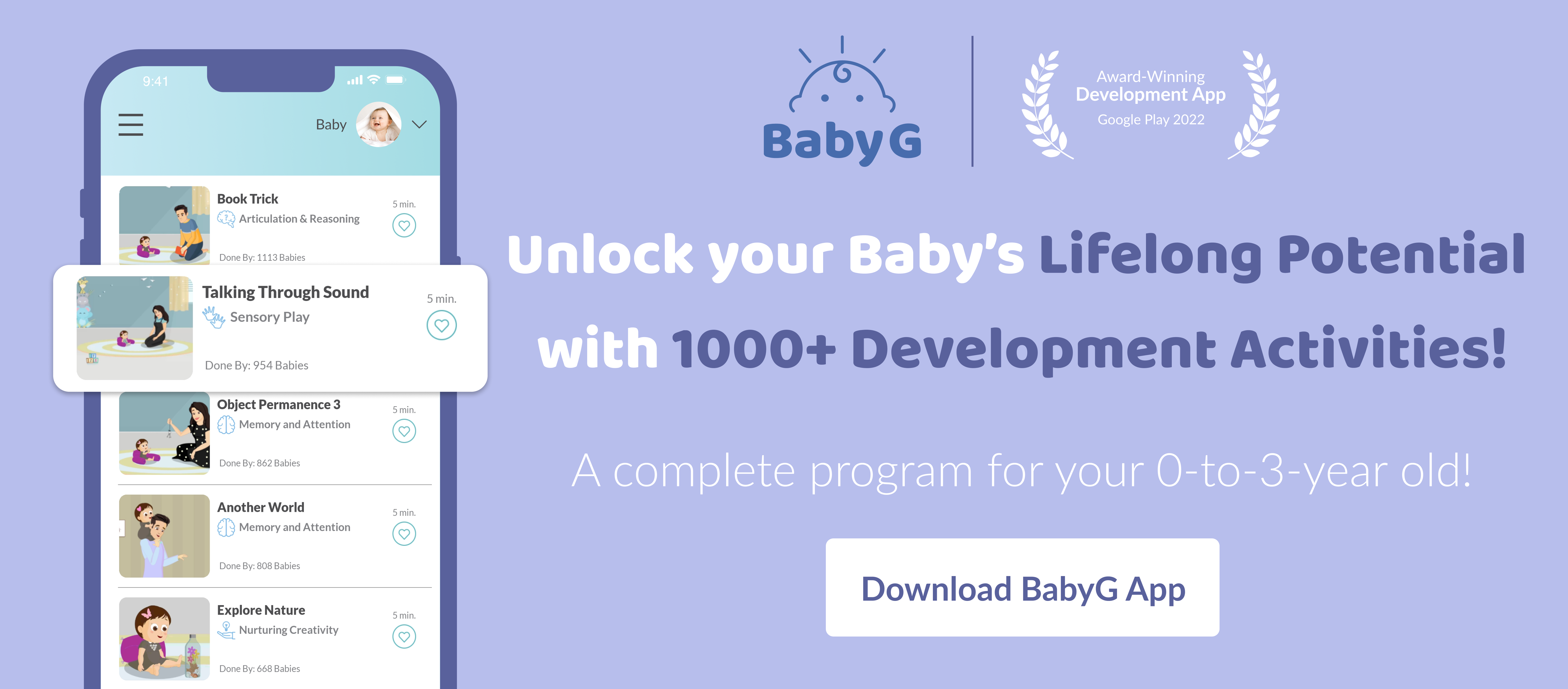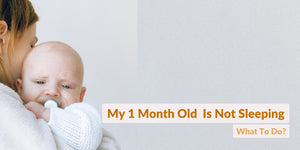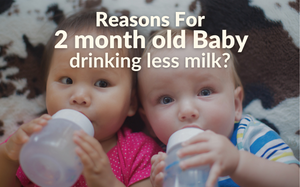
Parents only want their babies to be healthy. New parents may become very anxious about their newborn’s health and may initially struggle to understand when the baby needs something or is not doing well. As babies cannot talk, the only way to understand if something is not right with your baby is to understand the little behavioral changes and warning signs in newborns that indicate a departure from routine. Knowing how to accurately identify the warning signs will help you ensure your baby is always healthy and well.
Common Unhealthy Baby Warning Signs
Look for these warning signs when you feel anything seems out of the ordinary with your baby.
1. Crying
Babies communicate by crying. They cry to let you know that it’s time to feed them, hold them, change their diaper, or that they are in pain. But if your baby is crying too much, even after taking care of their basic needs, take it as a warning sign. Colic can be one of the reasons your baby is irritable. It is a painful intestinal condition that may cause irritability and constant crying in your newborn up to three months old. Consult a doctor if your baby cries for an unusually long time or if the cry sounds different than usual and nothing you do seems to give them relief.
2. Coughing
Observe if your newborn is frequently coughing when they feed. If they do so, consult your doctor since this may indicate a problem in their digestive tract or lungs.
3. Not Feeding
Newborns tend to feed every three to four hours. If your baby is not feeding well or refuses to feed, it may be a sign of concern. Check if your baby is unable to suck correctly, has weak sucking, or is not able to drink enough milk. It is usual for babies to lose 10% of their birth weight in the first week, but they should regain it in about 10–11 days. If they are unable to do this, consult your doctor to discuss what might be the underlying problem for this weight loss.
4. Vomiting
Babies spit up or often dribble milk after feeding, which is quite normal. But if your baby is vomiting large amounts of milk or forcefully ejects the milk, it may indicate a problem. Green-tinged or discoloured vomiting may be caused by intestinal obstruction. Vomiting accompanied by diarrhoea may indicate a bacterial or viral infection.
5. Tight Tummy
A baby’s abdomen generally feels soft in between two feedings. But if your baby’s tummy feels tight or distended, it may be because of constipation or gas.
6. Infection
Always check your baby’s umbilical cord for any redness, pus, or unpleasant smell. If you notice any of these signs, it’s possibly due to an infection; talk to your doctor.
7. Changes in Urine and Poop
Always be aware of your baby’s pooping and urinating habits. If your baby shows any difficulty in urinating or has blood in the urine, it may be a sign that your baby has an infection or other urinary tract problems. If your baby does not poop for over 48 hours, consult your doctor immediately.
8. Lethargy
If your baby sleeps longer than usual, appears to be drowsy, is lethargic or unable to stay awake between feeds, it may be because of some infection or low blood glucose level. Please bring it to your doctor's notice.
9. Respiratory Distress
Lastly, look for any signs of respiratory distress in your baby. Nasal blockage is a common cause of breathing difficulties in infants. But nasal drops and the removal of mucous can help your baby breathe normally.When to Consult your Doctor
Get in touch with your healthcare provider if you notice:- A breathing rate faster than 60 breaths per minute.
- Bluish or pale skin colour around the eyes, lips, feet, hands, or nail beds.
- Widening of the nostrils on breathing in.
- Clammy or sweaty skin.
- Makes a grunting sound while breathing.
- Fever when measured rectally.
- Yellow-green coloured, thick phlegm or cough.
If you notice any such changes in your baby’s behaviour or respiratory pattern, do not panic. Calm yourself and try to comfort your baby. Your baby needs all your care when they’re ill. You can ease your stress quite a bit once your baby’s basic needs are taken care of. You can do so with the trackers on the BabyG App. That said, consult your doctor before giving your child any medicine or treatment. It’ll get better, hang in there.













LEAVE A COMMENT